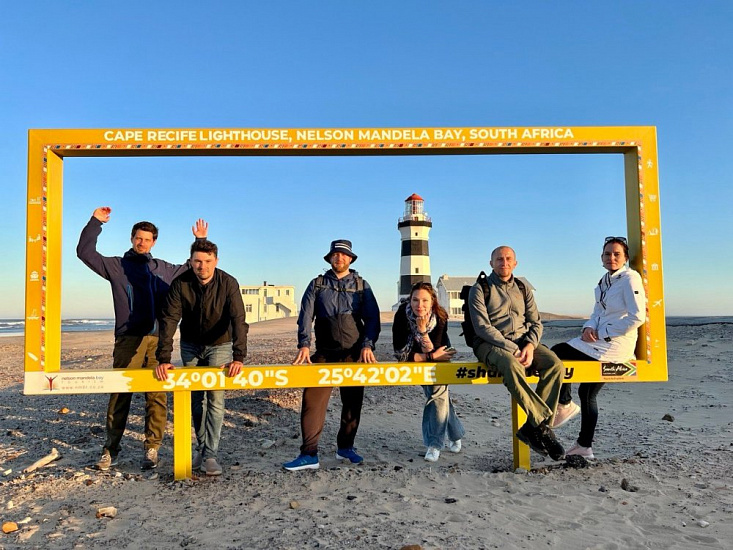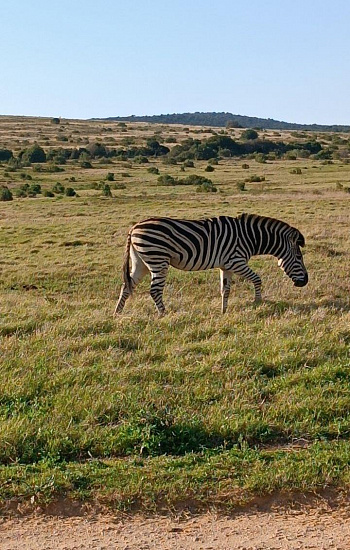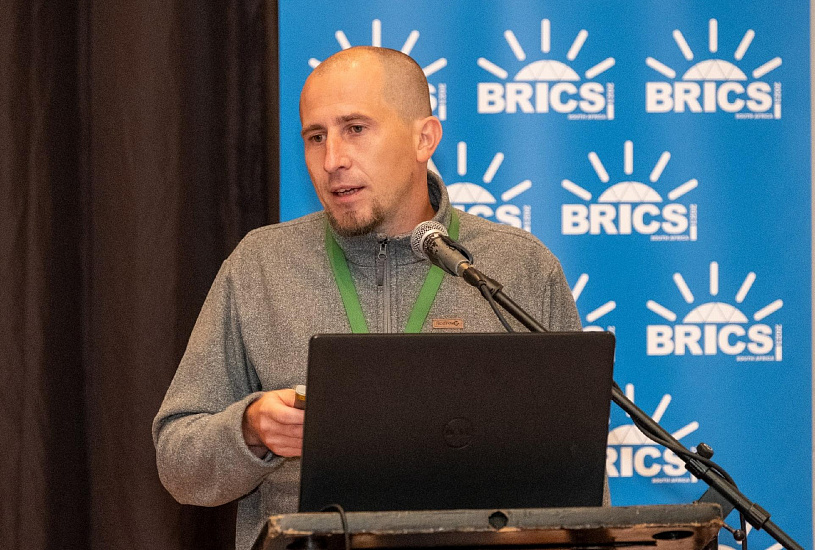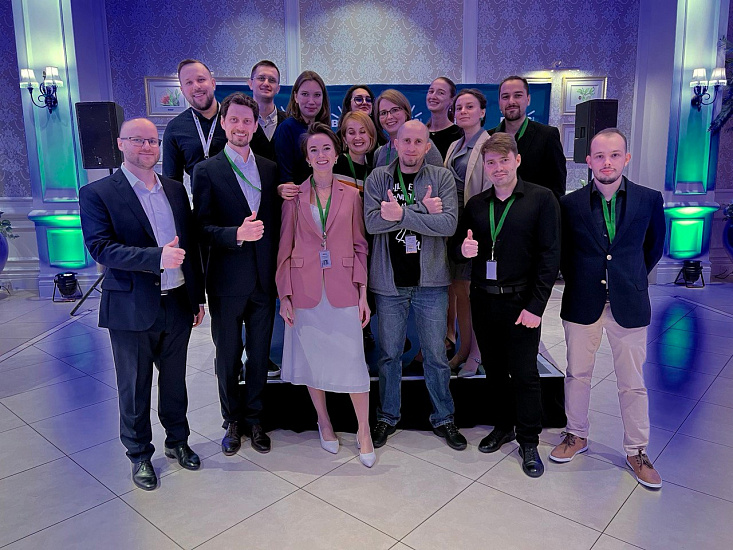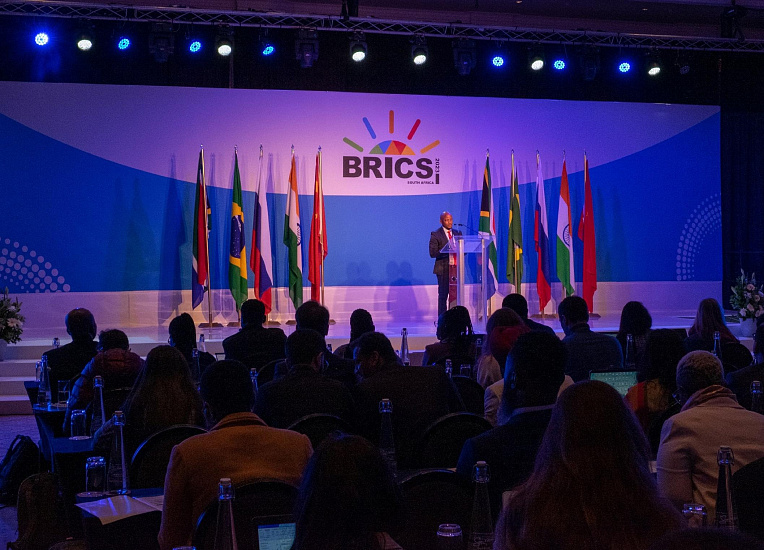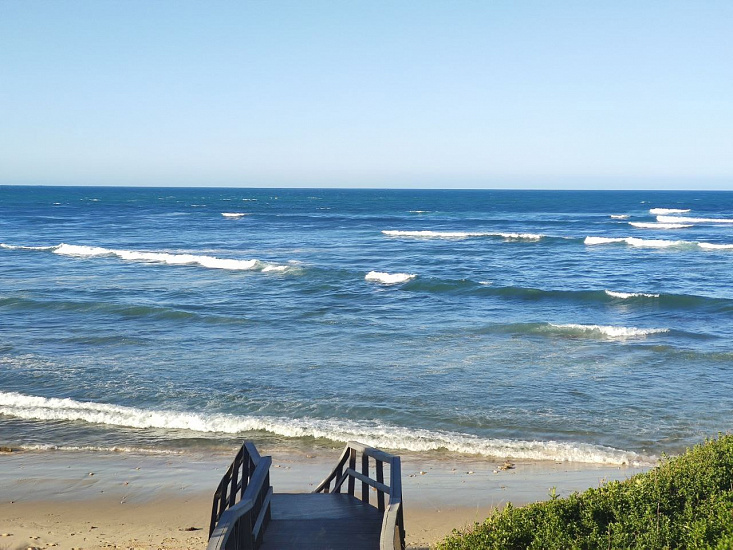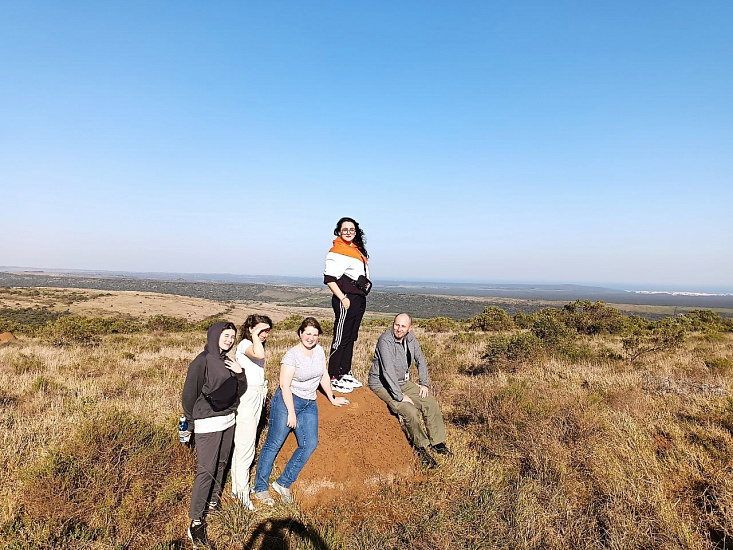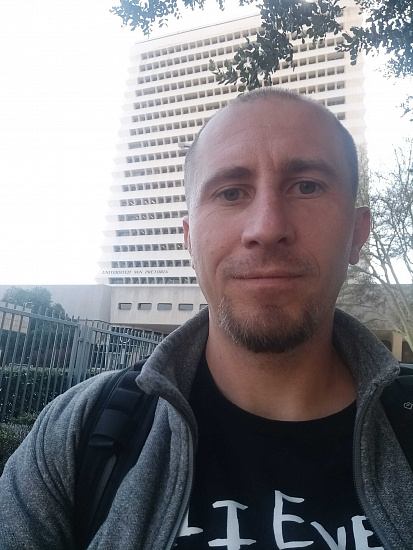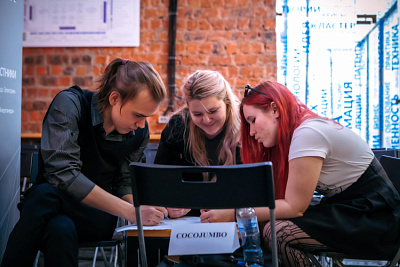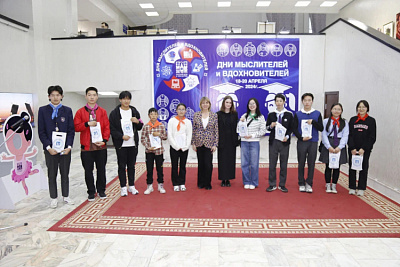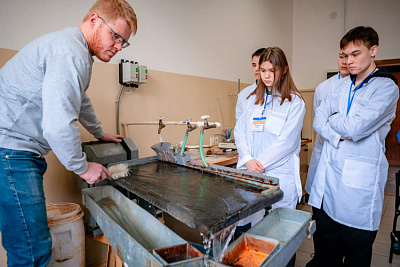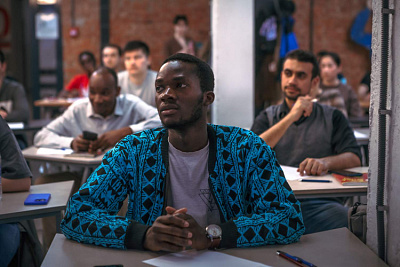Alexander Parshin spoke about INRTU's achievements in eco-friendly geological exploration at the BRICS Forum in South Africa
Alexander Parshin, founder of the Siberian School of Geosciences (SSG) at INRTU, spoke at the BRICS Young Scientist Forum in South Africa. He also discussed the prospects of cooperation in commercial geological exploration and student exchanges with colleagues fr om leading universities in South Africa
Parshin was invited to the forum prior to The BRICS Summit 2023, which will be held on 22-24 August in the South African province of Gauteng. Before the event, a series of thematic events are being held in South Africa, including those in the scientific and technical sphere. Nineteen young researchers from each BRICS country were selected for the conference in Gkeberha. Alexander Parshin was recommended to the forum by the Ministry of Education and Science of the Russian Federation.
He gave a speech at a meeting on environmental sustainability and climate change. Alexander explained the advantages of SSG geological prospecting technologies that make it possible not to cause any unnecessary damage to the environment. The Siberian School of Geosciences is developing this eco-friendly program within i.GeoDesign stratproject (Priority-2030 program).
He points out that environmental damage from mining is a "necessary evil" that can be minimized, or even reclamation can be carried out on the profits from mining:
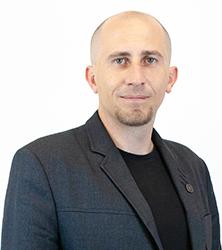
“Geological exploration also has a negative impact on the environment. Besides, the harm is mostly unjustified, as only 10% of geological objects reach the stage of field development.
The Siberian School of Geosciences has developed a set of methods and technologies, due to which prospecting and exploration is done quickly and safely for the environment. This is a synthesis of geo-information and unmanned drone technologies, innovative geochemical surveying, drilling using mobile machines and cuttings filtration. Six months after the completion of a prospecting project, you will not be able to realise wh ere the work was done.”
He emphasized that the SSG team sees South Africa - a state rich with mineral resources - as a promising market for academic and business collaboration in the Southern part of the world.
Parshin spoke to colleagues fr om the University of Pretoria (Pretoria) and the University of the Witwatersrand (Cape Town). The meetings were organized by Valeria Zadorozhnaya, a visiting professor at SSG and a renowned South African specialist in electrical exploration.
The parties discussed possibilities for organizing student exchanges. Joint exchange and scientific programs could be devoted to the study and monitoring of environmental quality of unique ecosystems, geological prospecting in far northern and far southern regions of the world, mathematical geophysics and remote sensing of the Earth.
The participants of the meetings also agreed to conduct commercial geophysical work. A team of experienced geophysicists from INRTU is expected to travel to Africa in the next six months. The researcher shared his plans:
“SSG of INRTU is one of the world's strongest teams in the field of complex applied geophysics. We are ready to conduct research in South Africa with the help of modern equipment, including that developed at INRTU. Such innovation is a lightweight unmanned system for electromagnetic sounding UAV-TDEM. The technology allows performing highly detailed geophysical survey by the transient method, significantly reducing the cost of measurements.
Remote sensing is particularly relevant in South Africa, wh ere almost all land is privately owned and thorny bushland is widespread. This makes any ground-based work difficult, but opens up many opportunities for drone flights, which are permitted. The work in South Africa is a great opportunity to test our unmanned electrical exploration in a new climate.”
